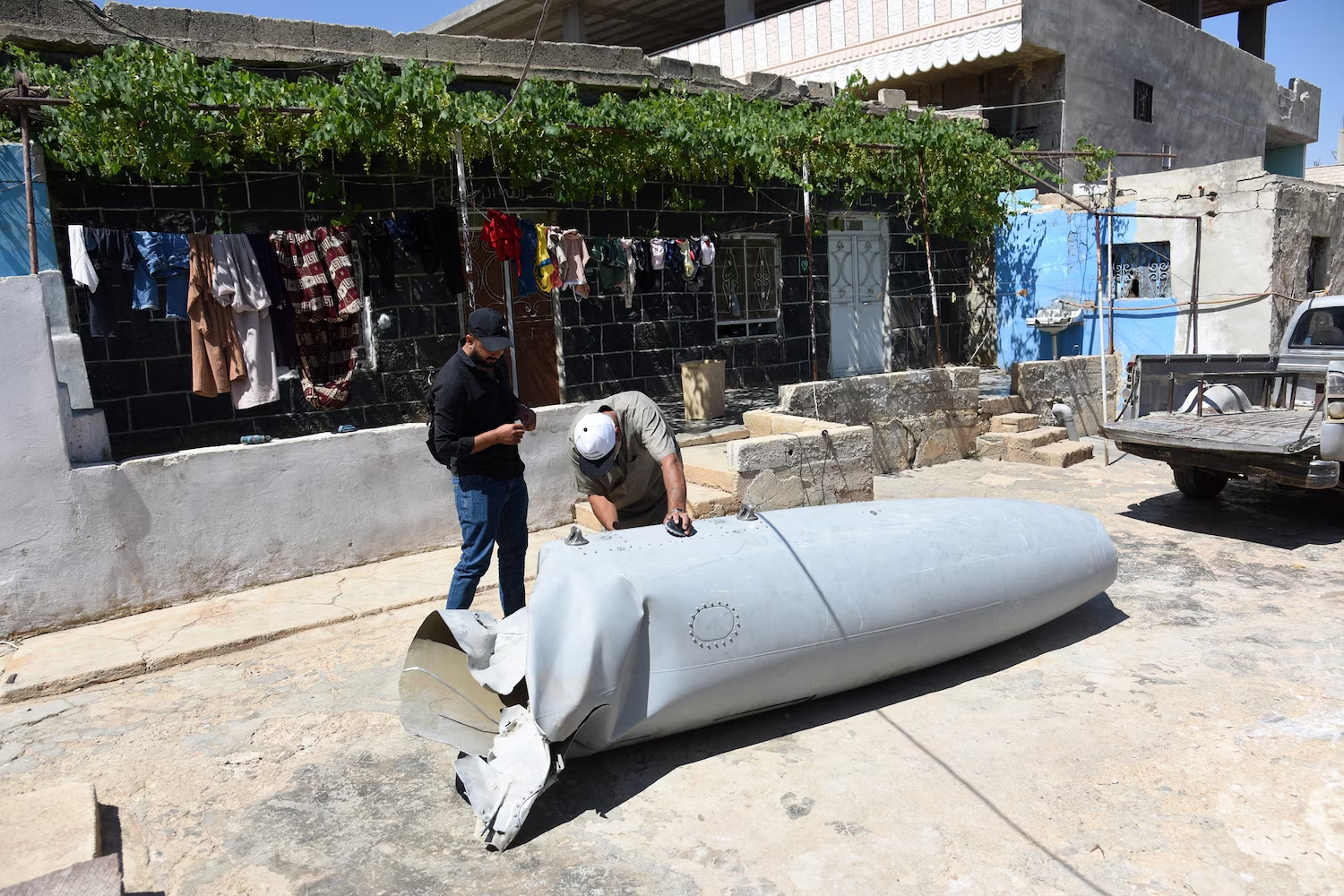In a stark late-night video address to the nation on Friday, Israeli Prime Minister Benjamin Netanyahu confirmed that Israel had launched a targeted military strike on Iran’s nuclear facilities, describing the action as creating “a state of chaos in Iran.” Speaking in Hebrew, Netanyahu stressed the existential threat posed by a nuclear-armed Iran and warned Israelis to brace for potential waves of retaliation.
Kilmar Abrego Garcia Pleads Not Guilty to Human Smuggling Charges
“This is about survival,” Netanyahu stated bluntly. “If Iran has nuclear weapons, we cannot live here. That is our first objective.” His words underscore Israel’s long-standing stance that Iran’s nuclear ambitions pose a direct and unacceptable threat to its national security.
A Calculated Strike, a Chaotic Aftermath
The Israeli airstrikes reportedly hit key components of Iran’s nuclear infrastructure, though exact details remain classified. Netanyahu framed the operation as not just a military maneuver, but part of Israel’s ongoing and high-stakes campaign to prevent Tehran from acquiring nuclear weapons—a red line for successive Israeli governments.
While claiming the mission’s objectives were achieved, Netanyahu was quick to temper any sense of triumph with a warning: “We may face retaliation in very serious waves,” he said, cautioning citizens not to grow overconfident. His words reflect an acute awareness that the conflict with Iran could spiral into a wider regional war, given the complex web of alliances and animosities that define the Middle East.
U.S. Informed, but Role Unclear
Netanyahu revealed that the United States was informed in advance of the operation. “We informed the Americans. They knew. What the U.S. will do next, that’s up to the president,” he said, referring to President Donald Trump. His comments suggest at least tacit approval from Washington, though the precise extent of U.S. involvement or support remains unclear.
While historically strong, the U.S.-Israel alliance has occasionally been tested by diverging strategies in dealing with Iran. Netanyahu’s remarks hint at coordination, but also a degree of strategic independence in Israel’s decision-making.
Origins of the Strike: A Timeline of Tensions
According to Netanyahu, the strike was first authorized in September 2024, shortly after the assassination of Hezbollah leader Hassan Nasrallah, a close ally of Iran. However, the operation was postponed multiple times due to political and strategic considerations.
“I tried twice before to approve this strike,” Netanyahu admitted, “but political resistance stopped us.” His remarks reveal the internal divisions within Israeli politics, where security decisions often become flashpoints in larger ideological battles. Ultimately, his ability to proceed with the attack—despite opposition—underscores the urgency with which he views Iran’s nuclear threat.
Immediate Fallout and Regional Response
Following the strike, tensions across the region escalated rapidly. Iranian officials vowed swift retaliation, while military units were reportedly mobilized across key provinces. In southwest Syria, residents discovered debris from an Iranian projectile, believed to be intercepted by Israeli defenses—highlighting the immediate regional spillover of the conflict.
The attack has also rekindled fears of a broader confrontation involving non-state actors, such as Hezbollah and other Iran-backed militias, which could open multiple fronts against Israel.
Global Reactions and Geopolitical Stakes
The international community is watching closely, as the attack threatens to further destabilize an already volatile region. Israel’s move could reshape alliances, provoke economic tremors, and deepen global divides over the Iran nuclear issue.
The United States is expected to support Israel’s right to self-defense, while simultaneously urging restraint. Washington’s relationship with Tehran remains strained, particularly over Iran’s nuclear program, its regional influence, and its alleged support for terrorist organizations. How the U.S. balances its alliance with Israel and its interests in preventing a broader war will be a key diplomatic test in the days ahead.
Political and Strategic Implications
For Netanyahu, this operation represents a defining moment in his political legacy. Having faced criticism and internal dissent over security policy, the decision to go forward with the strike—even amid political hurdles—reflects his determination to act decisively on what he considers Israel’s most urgent threat.
Yet, the political fallout is far from over. Israel’s domestic debate over national security, military readiness, and regional engagement is expected to intensify. Netanyahu’s political future may depend on the success of the operation—not just in damaging Iran’s capabilities, but in managing the consequences.
Looking Ahead: A Region on Edge
Israel remains on high alert for Iranian retaliation, as Netanyahu’s warning of “serious waves” looms large over public sentiment. The government now faces the dual challenge of deterring further attacks while avoiding escalation into full-blown war.
Meanwhile, Iran’s next move will be critical. A measured response could allow space for diplomacy, but a major reprisal risks plunging the region into a prolonged and bloody conflict. The coming days and weeks will test not only military readiness, but also diplomatic resilience and global leadership.
Conclusion:
The Israeli strike on Iran’s nuclear facilities marks a dangerous turning point in the long-running conflict between the two nations. As military and political consequences continue to unfold, the region teeters on the edge of a broader crisis—one that could reshape the Middle East’s balance of power and challenge the international order’s ability to contain escalation and maintain peace.

